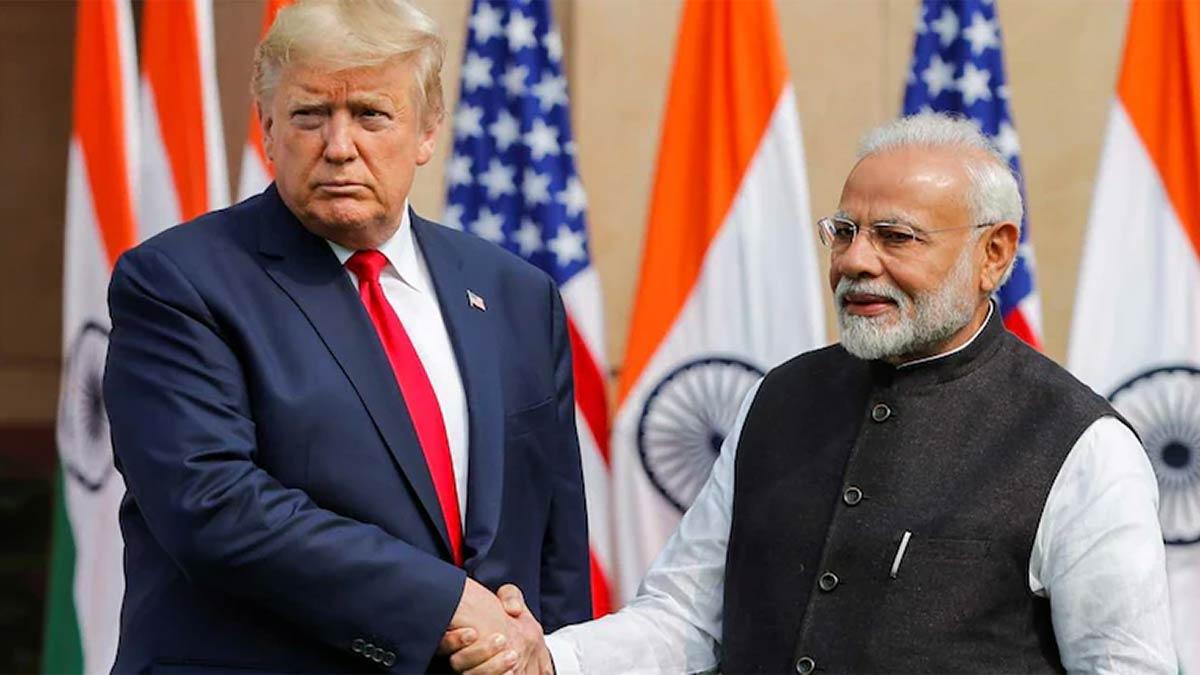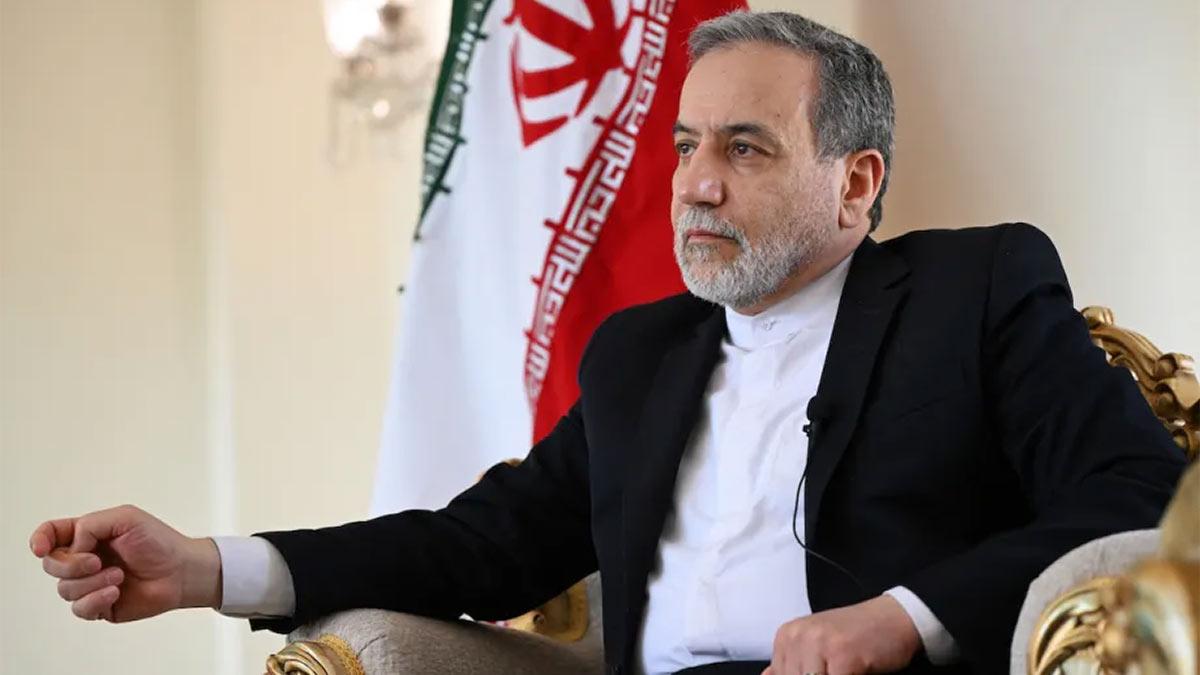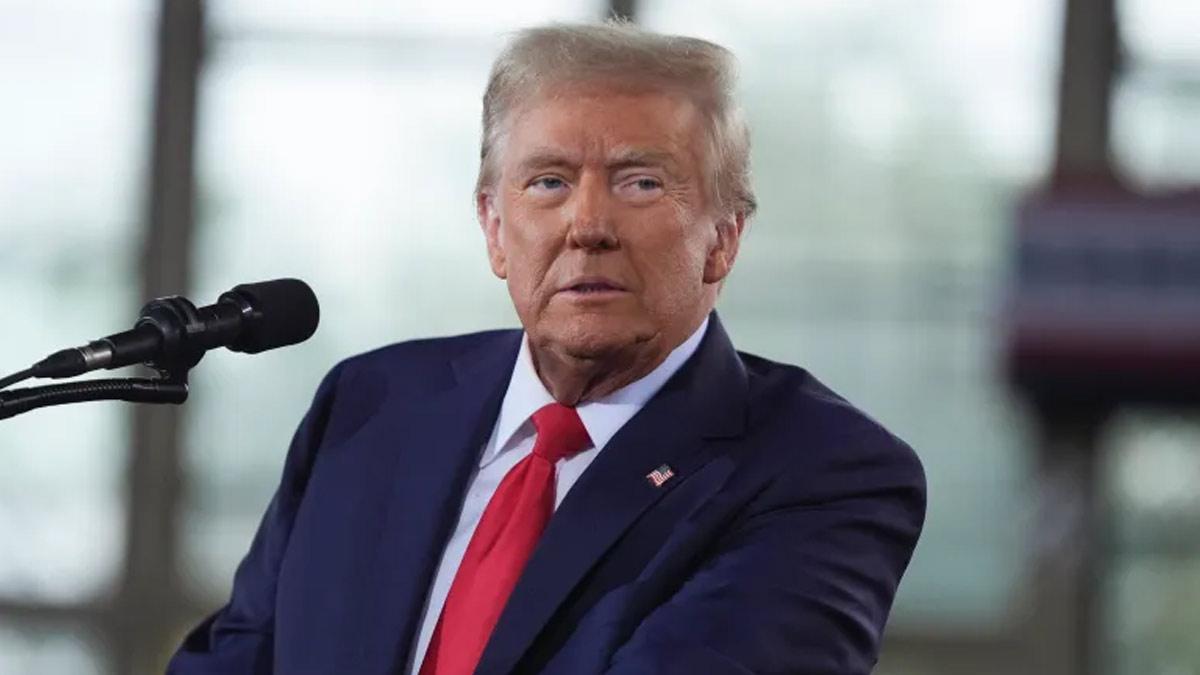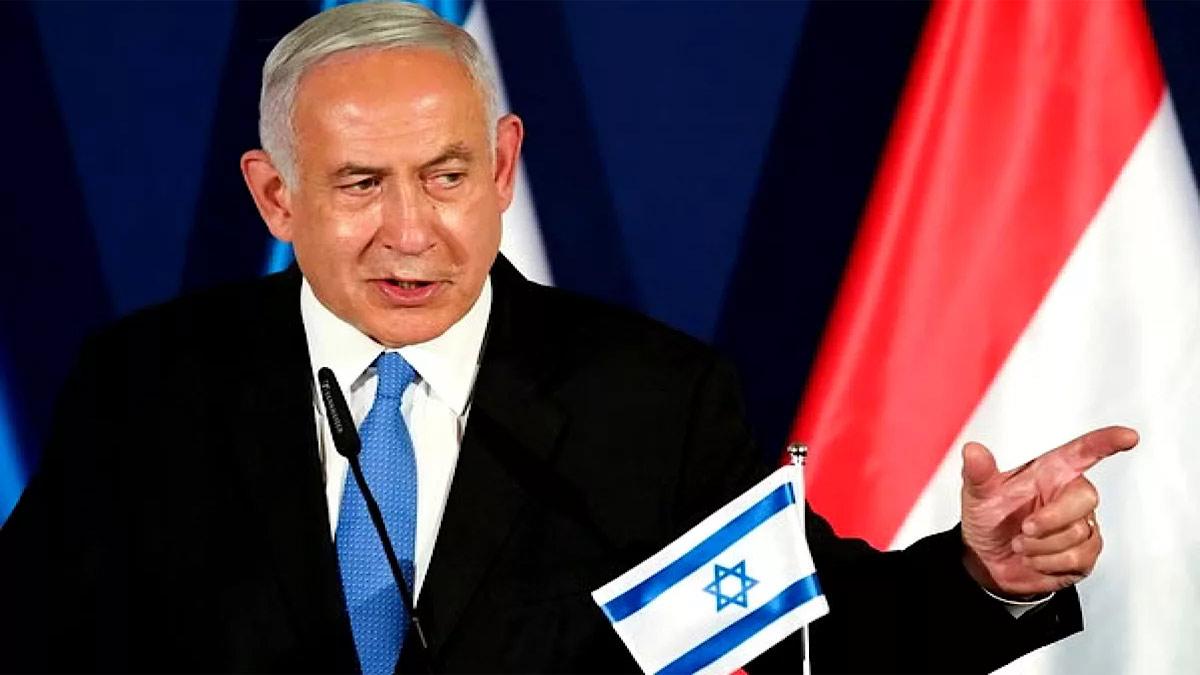US President Donald Trump has referred to India's mandate for voters to connect their Aadhaar card with their Election Photo Identification Card (EPIC) as a model of election integrity, comparing it to what he characterized as the US's weak voter identification system.
In an executive order that he signed on Tuesday, Trump required citizens voting in federal elections to produce documentation of citizenship, for example, a passport or other official identification. In the first paragraph, he contrasted India's strategy, saying that India is "tying voter identification to a biometric database, while the United States largely relies on self-attestation for citizenship."
He condemned the US for not adopting election security practices like those employed by developed and developing countries. "While it pioneered self-government, the United States now fails to enforce basic and necessary election protections," he wrote.
In contrast to India's centralized election system controlled by the strong Election Commission, the US has a decentralized system, with state and local legislation controlling elections. While India enacted the Election Laws (Amendment) Act in 2021 to connect Aadhaar with EPIC, there is no national identity system in the US, and it relies on driver's licenses and Social Security numbers.
Trump's action goes against California state law, which forbids officials from asking for voter identification. His action is likely to be challenged in court, as election administration in the US is under state control.
Democrats have resisted tighter ID legislation, contending that it disproportionately affects poor voters. Republicans, however, assert that loose requirements make election fraud easier. Trump has been a strong critic of mail-in voting and early voting regulations, especially following his 2020 election defeat, and his order attempts to tighten regulations on postal voting.
Trump also drew a comparison between the voting process in the US and that in other nations. He indicated that Germany and Canada utilize paper ballots publicly counted by local officials, which lessens election controversies.
He quoted Denmark and Sweden, where mail-in voting is limited to those who cannot vote in person, and late-arriving ballots are not counted no matter what postmark dates. He also mentioned Brazil's system of associating voter ID with a national biometric database.
His decree is likely to trigger a political and legal war, with both parties strongly divided over voting laws in the US.


















